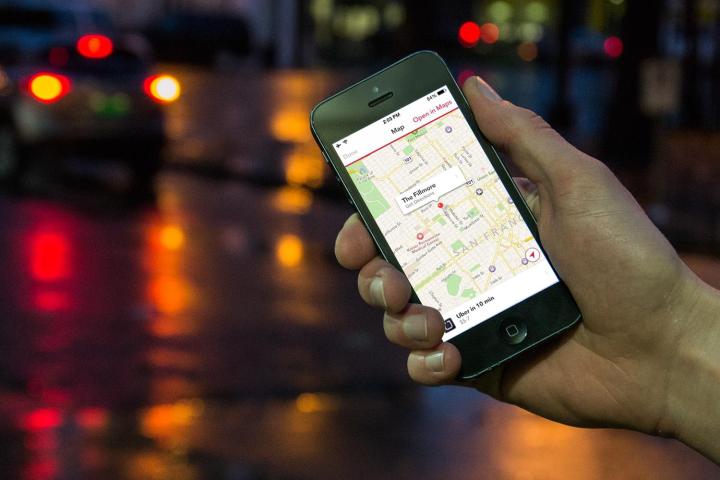
The move isn’t particularly surprising for Germans who decided nine months ago that Uber drivers need to obtain the same licensing as commercial taxi drivers in order to transport passengers to and from their destinations. While you can still call a car in Berlin and Munich, this latest retreat seems to mark a turning point in the longstanding battle between German lawmakers and the often controversial company.
“Plenty of people in Germany want to press a button on their phone and get a safe, affordable ride with Uber,” said Christian Freese, general manager at Uber Germany, in an emailed statement to The Verge. “Yet we’ve found the requirements, even for licensed services, to be very complex. Uber is increasingly popular in Munich and Berlin so we have decided to focus our efforts there.”
In the meantime, the service has promised to “intensify the dialogue” with legislators in hopes of making a stronger comeback. “Uber remains committed to expanding its services in Germany, and will therefore continue its engagement and dialogue with politicians and regulators,” Freese noted, but even so, Germany is by no means the only European enemy Uber has made in its period of rapid growth and expansion. The company has seen significant pushback in the form of protests, arrests, and full-out bans in countries like France, Italy, and Span.
So don’t get too attached to those black cars overseas. They might not be available from your mobile phones for all that much longer.
Editors' Recommendations
- Have one of these Google Pixel phones? You’re getting Circle to Search
- The Oura Ring just got a lot more helpful if you’re pregnant
- Have one of these Samsung phones? You’re getting Galaxy AI features next month
- Google is paying a $700 million fine, and you’re getting some of it
- You’re running out of time to buy a new Apple Watch. Here’s why


